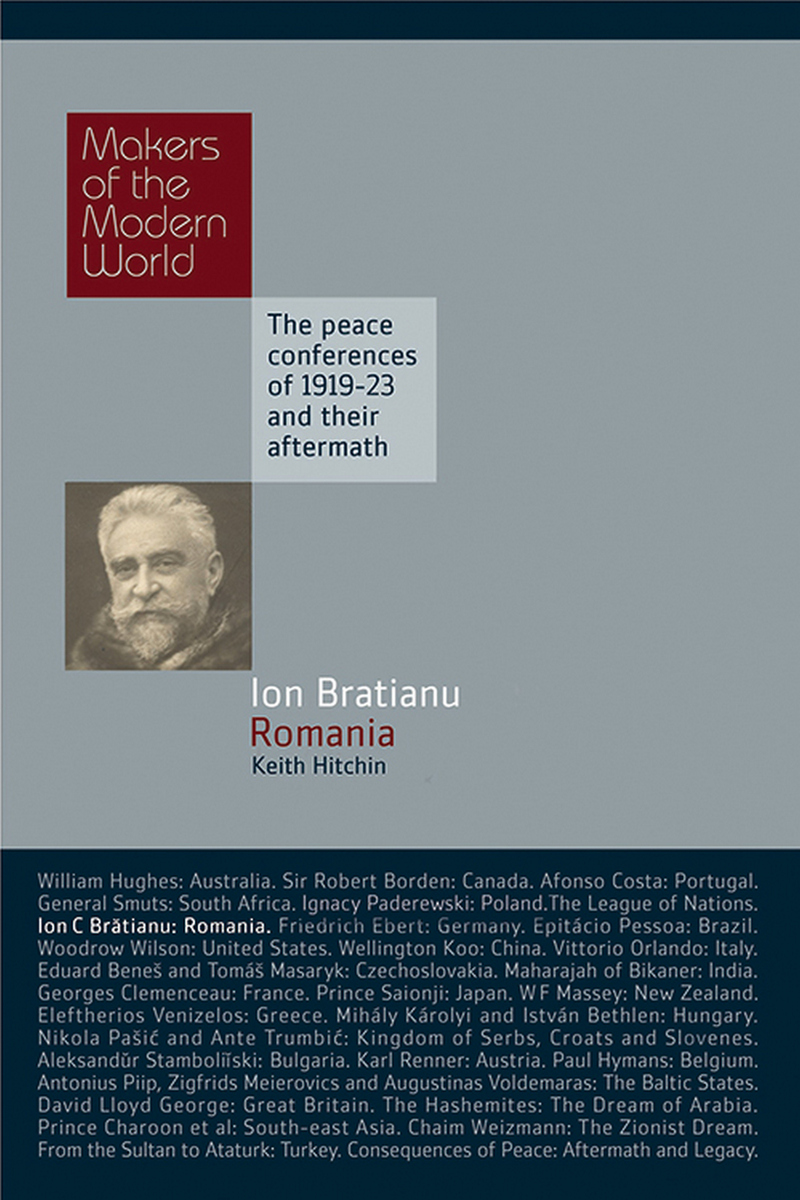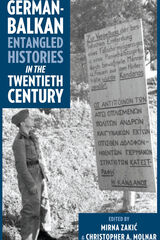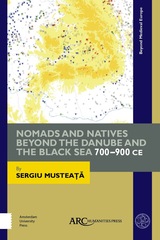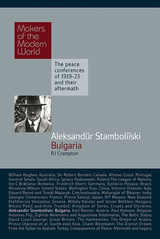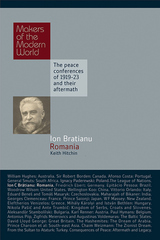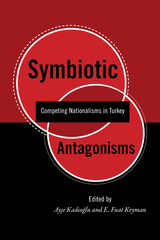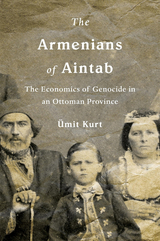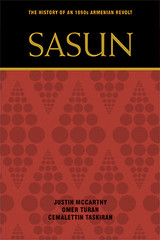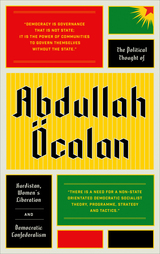Ionel Bratianu: Romania
Haus Publishing, 2011
Cloth: 978-1-905791-76-7 | eISBN: 978-1-907822-18-6
Library of Congress Classification DR264.H58 2011
See other books on: 1914-1944 | Hitchins, Keith | Presidents & Heads of State | Romania | World War I
See other titles from Haus Publishing
Cloth: 978-1-905791-76-7 | eISBN: 978-1-907822-18-6
Library of Congress Classification DR264.H58 2011
ABOUT THIS BOOK | AUTHOR BIOGRAPHY | TOC
ABOUT THIS BOOK
At the beginning of 1918 the British War Cabinet endorsed the view of the Prime Minister, David Lloyd George, that after the war "Austria-Hungary should be in a position to exercise a powerful influence in south-east Europe." These reassuring professions were the essence of hypocrisy, since the Allies had already given away, at least on paper, large chunks of Austro-Hungarian territory as bribes to potential allies. In 1916 Romania was promised the whole of Transylvania, the Banat - both components of historic Hungary - and the Bukovina in return for her entry into the war. These promises persuaded the Romanian Prime Minister Ion Bratianu (1864-1927) to intervene in the war on the side of the Allies in 1916. He lead the Romanian delegation to the Paris Peace Conference, where he insisted on those promises to be fulfilled. His often-strained relations with the Big Four and the Supreme Council were further eroded when Romania invaded Hungary. Romania, however, in the end signed and adhered to the Treaty of Saint-Germain-en-Laye with Austria, Neuilly-sur-Seine with Bulgaria, the Treaty of Paris (1920), the Treaty of Trianon with Hungary, and the minorities treaty.
See other books on: 1914-1944 | Hitchins, Keith | Presidents & Heads of State | Romania | World War I
See other titles from Haus Publishing
